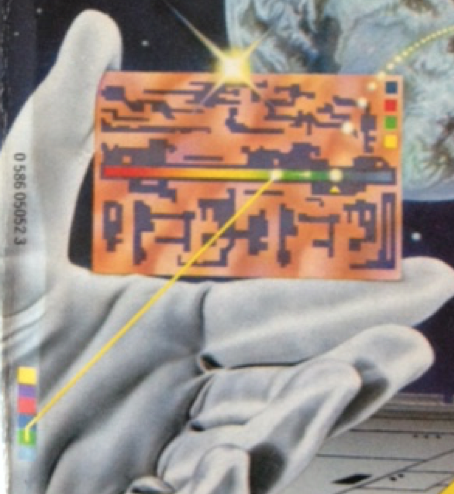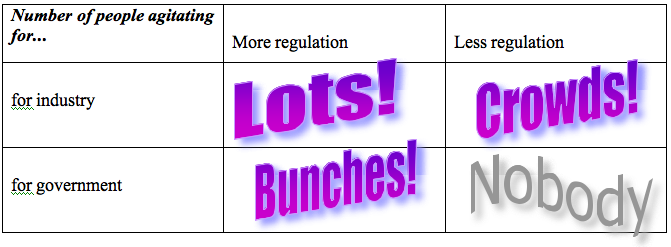It’s banal to mention that technology
is a two-edged sword. That it solves practical problems and creates new ones.
That it makes our lives more comfortable and more complex, and stresses and at
the same time sustains our social relationships. Today we’ll go beyond these
commonplaces to explore two lesser-known aspects of tech’s dark side:
Inequality and unhappiness. Will the dark side prevail? Maybe, but we’ll see
glimmers of hope for the team of truth and goodness.
The growing gap
Nothing boosts the
prospects of page hits on a blog – or funding of a grant proposal – like the
phrase “big data.” Why are we enamored with “big data”?
American business schools, R.I.P.
It’s
curious, all the press attention lavished on this recent article1 in Jour.
Evolutionary Biology.
Noting
the differing proportions of human hands versus those of other primates,
Michael Morgan and David Carrier of the University of Utah concluded human
hands are better suited for making fists. They wondered whether this confers an
evolutionary advantage.
I’m going to go out on a limb, and write about guns. Specifically, handguns and so-called “assault weapons.”
I’m not going to opine about what the law should or shouldn’t be, but only about the personal advisability of owning these kinds of firearms.
Likewise I make no comment about shotguns and single-action rifles. If you enjoy owning them for skeet or target shooting, I’ve got no argument with you, and in fact I agree those activities are kind of fun. If you like them for dove or deer, more power to you, even though I don’t share your passion for hunting.
Pistols
Three reasons why government can look less efficient than it really is:
1. Cherry-picking in privatization. Let’s suppose we could rank government agencies or services in descending order of productivity: 1, 2, 3, and so on, with agency 1 being the most efficient and productive. As a reality check, let’s note that such a ranking is indeed possible, in a rough way.
 Reporting Live From The SmartZero City Conference, Taipei
Reporting Live From The SmartZero City Conference, Taipei Lost In Austin - The Evolution Of An American City
Lost In Austin - The Evolution Of An American City











